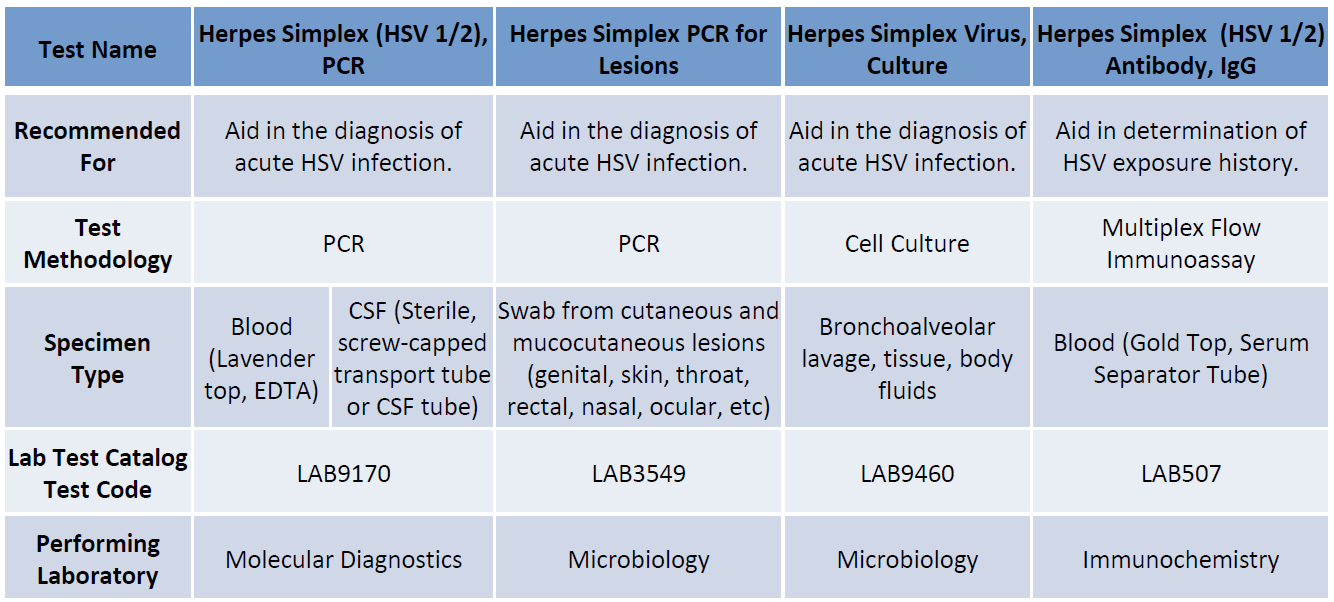Mouth Ulcers During Early Pregnancy
The onset of pregnancy brings about a plethora of changes in a woman’s body, ranging from hormonal fluctuations to physical transformations. One of the less discussed, yet common, issues that many women face during early pregnancy is the development of mouth ulcers. These painful sores can appear inside the mouth, on the tongue, or on the lips, causing discomfort and disturbance in daily activities like eating and speaking. Understanding the causes, symptoms, and management strategies for mouth ulcers during early pregnancy is crucial for expectant mothers to navigate this period with ease and comfort.
Hormonal Changes and Their Impact
Pregnancy is a time of significant hormonal change, with levels of estrogen and progesterone increasing dramatically. These hormonal fluctuations can affect various bodily systems, including the oral cavity. The increase in progesterone, in particular, can lead to changes in the mucous membranes, making them more susceptible to irritation and, consequently, to the formation of mouth ulcers. Moreover, hormonal changes can also impact the immune system, potentially altering the body’s response to minor irritations or infections, which could further contribute to the development of mouth ulcers.
Nutritional Deficiencies
Early pregnancy is a period where the demand for certain nutrients increases to support the growth of the fetus. However, meeting these increased demands can sometimes be challenging, leading to deficiencies. Nutritional deficiencies, especially in vitamins like B12, iron, and folate, can impact oral health. These vitamins play crucial roles in maintaining the health of the mucous membranes and the healing of wounds. A deficiency in any of these vitamins can impair the body’s ability to heal and maintain healthy tissues, potentially leading to the development of mouth ulcers.
Other Contributing Factors
While hormonal changes and nutritional deficiencies are significant contributors, they are not the only factors. Other elements can also play a role in the development of mouth ulcers during early pregnancy. Stress, for instance, is known to affect the immune system and can make individuals more prone to various health issues, including mouth ulcers. Additionally, minor mouth injuries from dental work, hard brushing, or accidental bites can also lead to the formation of ulcers, especially in a sensitized oral environment.
Managing Mouth Ulcers
Despite the discomfort they cause, mouth ulcers during early pregnancy can often be managed with simple care and precautions. Applying topical anesthetics or using mouthwashes specifically designed to numb the area can provide relief from pain. Maintaining good oral hygiene is also crucial, as it helps prevent infection and promotes healing. However, it’s essential to choose gentle products that do not irritate the ulcers further. Dietary adjustments, such as avoiding spicy, acidic, or sharp foods that can irritate the ulcers, can also help in the healing process.
Dietary Considerations
A well-balanced diet rich in essential nutrients is vital for pregnant women. Foods high in vitamins B12, C, and E, zinc, and iron can help in healing and preventing mouth ulcers. Some of the beneficial foods include:
- Leafy Greens: Rich in folate and iron, these can help prevent deficiencies.
- Citrus Fruits: High in vitamin C, which is crucial for healing and immune function.
- Nuts and Seeds: Many are rich in zinc and healthy fats, supporting immune function and tissue health.
- Whole Grains: Provide essential B vitamins and fiber, supporting overall health.
When to Seek Medical Advice
While most mouth ulcers are benign and heal on their own, there are instances where seeking medical advice is advisable. If the ulcers are particularly large, painful, or persistent, it may be necessary to consult a healthcare provider. Additionally, if there are signs of infection, such as increased redness, swelling, or fever, medical attention is required. Pregnant women should also be vigilant about any changes in their oral health and discuss them with their healthcare provider, as maintaining good oral health is essential for both the mother’s and the baby’s well-being.
Conclusion
Mouth ulcers during early pregnancy, while uncomfortable, are generally manageable with the right approach. By understanding the causes, maintaining a balanced diet, practicing good oral hygiene, and knowing when to seek medical help, expectant mothers can minimize the discomfort and focus on a healthy pregnancy journey. It’s also crucial to remember that any concerns about oral health or other symptoms should be discussed with a healthcare provider, ensuring the best possible care for both mother and baby.
What are the common causes of mouth ulcers during early pregnancy?
+Hormonal changes, nutritional deficiencies, especially in vitamins B12, iron, and folate, and other factors like stress and minor mouth injuries can contribute to the development of mouth ulcers during early pregnancy.
How can mouth ulcers during pregnancy be managed?
+Managing mouth ulcers involves applying topical anesthetics, maintaining good oral hygiene with gentle products, and making dietary adjustments to avoid irritating foods and include nutrient-rich foods that support healing and overall health.
When should a pregnant woman seek medical advice for mouth ulcers?
+Medical advice should be sought if the ulcers are large, painful, or persistent, or if there are signs of infection. It’s also important to discuss any changes in oral health with a healthcare provider to ensure the best care for both mother and baby.
